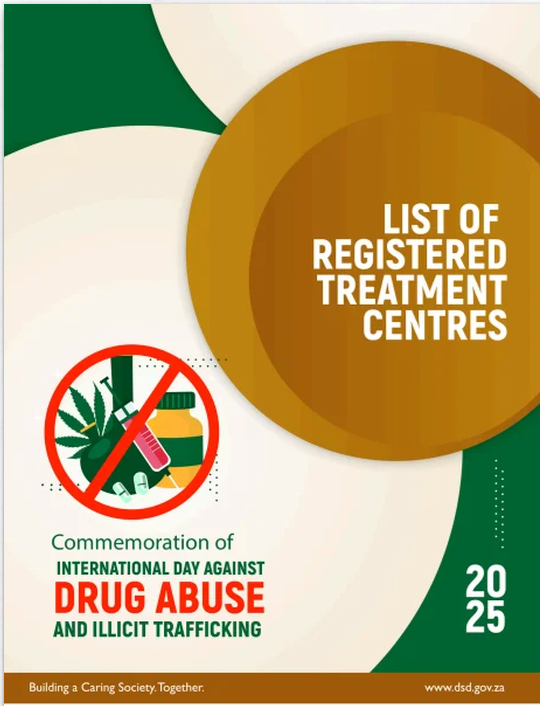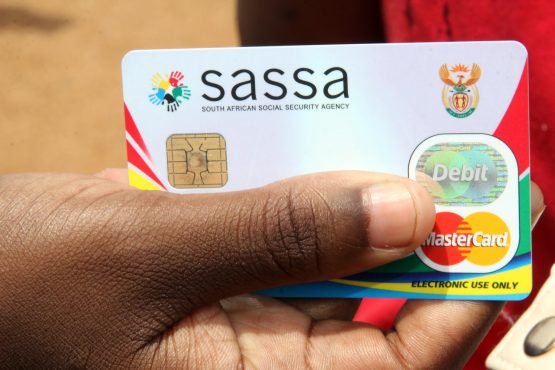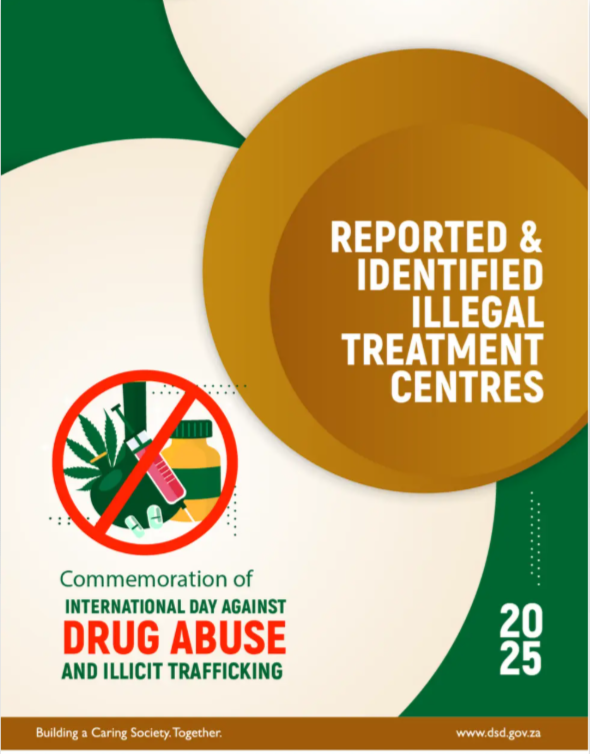By Staff Writer.
- Deputy Minister of Social Development, Mr M.G.E. Hendricks, led the Integrated Community Registration Outreach Programme (iCROP) in Macassar, Western Cape, on 31 October 2025, to improve access to government services.
- The outreach, held in collaboration with SASSA, Home Affairs, Health and other partners, aimed to reduce service barriers and strengthen engagement between communities and government.
- The initiative formed part of the District Development Model (DDM), which promotes integrated planning and people-centred service delivery.
The Department of Social Development (DSD), led by Deputy Minister M.G.E. Hendricks, brought vital government services directly to residents of Macassar through the Integrated Community Registration Outreach Programme (iCROP). The event, held at Macassar District Hall, formed part of a broader national drive to ensure that essential services reach communities where they live.
Deputy Minister Hendricks said the outreach reflected government’s commitment to breaking down barriers between departments and the people they serve. “This initiative was designed to reduce the walls that separate communities from government. Instead of residents travelling long distances to access documents or services, government has come to them,” he said.
The iCROP outreach enabled residents to access key government services under one roof, including social grant applications, identity documents, birth and marriage certificates, and health screenings. The Deputy Minister was joined by SASSA Western Cape Regional Executive Manager Mr G. Pheiffer, iCROP Team Leader Mr S. Koliti, and representatives from local government and civil society organisations.
In his address, Deputy Minister Hendricks reflected on the historic and cultural significance of Macassar, home to a diverse and resilient community rooted in the legacy of Shaykh Yusuf Al-Makassari, who laid the foundations of the local Muslim community in the 17th century. He noted that the area, with its population of around 34 000 residents, continues to face socio-economic challenges, including high unemployment and low matric completion rates.
“Many of our communities, including Macassar, face serious obstacles such as job scarcity and limited access to education. Our role as the Department of Social Development is to help transform these conditions by creating opportunities and facilitating access to essential services,” he said.
The Deputy Minister also emphasised the importance of education and skills development for the youth. He encouraged parents to ensure that children acquire both language and professional skills to enhance employability. “It is important that your children become fluent in English and Xhosa to improve their chances of finding decent jobs and contributing to their communities,” he said.
Mr Hendricks thanked the dedicated DSD and SASSA teams for coordinating the outreach, acknowledging their work in collaboration with the Western Cape provincial office and national directorates. He also praised the programme’s integrated approach under the District Development Model, which unites government departments in delivering shared, people-centred outcomes.
“Through iCROP, we are not only providing services, but also engaging in dialogue that allows communities to voice their needs and help shape service delivery priorities,” he said.
The outreach concluded with a strong message of partnership and empowerment, reinforcing the Department’s goal of building inclusive communities where citizens have equal access to opportunities and support.





